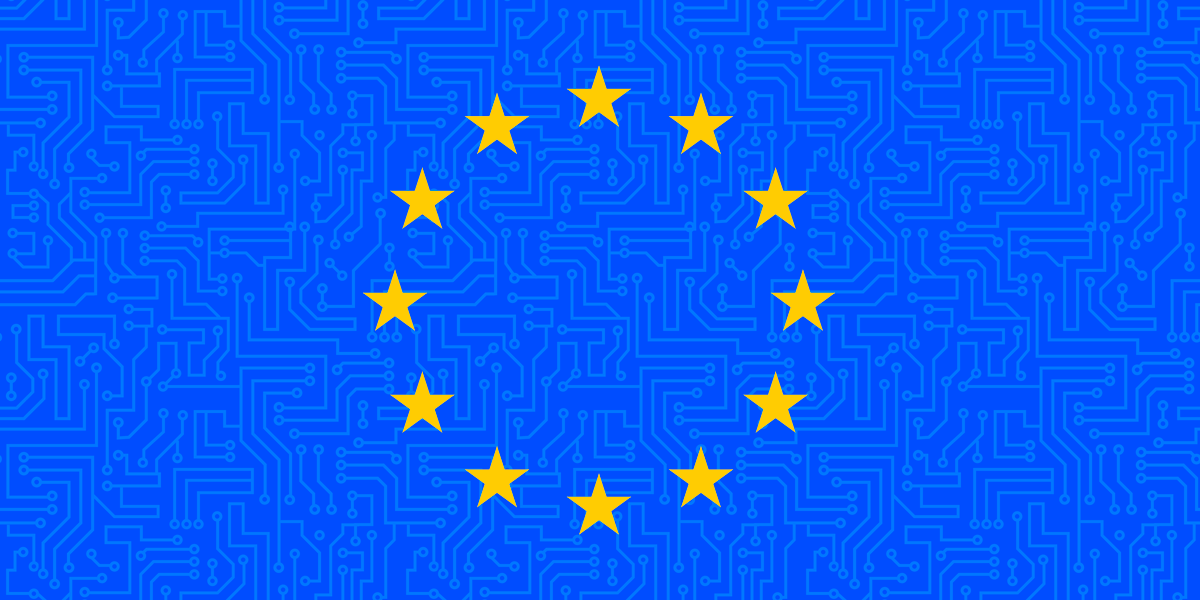The Internet has seen better days. It once promised liberation: anyone with a computing device can connect with the world, anonymously or not, to tell their story, organize, educate, and learn. But today for many, the online experience means being locked into a few powerful platforms, nonconsensually tracked across the Web, with our ability to access and share information left at the mercy of algorithmic decision systems that curate our online lives. Fundamental principles like transparency, openness, and information self-determination that used to be central to the early days of the Internet have suffered terribly.
This was not inevitable and it need not be permanent. The Internet is ours to shape and it will depend, in part, on a careful overhaul of our technology laws, with an eye to the platform economy of the 21st century. We can improve on what exists, but we must protect the elements of the current legal order that work.
In the European Union, there is an opportunity to do exactly that: adopt future-proof regulation that preserves the rules that have inspired innovation and protected fundamental rights, while empowering users and future innovators. In 2020, the European Commission announced an ambitious strategy to promote a distinctly European vision for how to regulate big tech. Part of that strategy is the Digital Services Act package. The Digital Services Act (DSA) is the most significant reform of Europe’s platform legislation, the e-Commerce Directive, that the EU has undertaken in twenty years. It is an unparalleled opportunity to formulate a bold, evidence-based vision to address today’s most pressing challenges.
We support the Commission’s commitment to a better alternative future for the Internet, and welcome its ambition to find creative solutions to complex issues like transparency failures, privatized content moderation, and gatekeeper-dominated markets. We have already contributed to the EU Parliament’s Reports and the Commission’s consultation on the DSA, and we will continue to work closely with EU institutions to share our experience fighting for digital rights through impact litigation, grassroots activism, and technology development.
But we are also wary. Recent laws like the Copyright Directive, and regulatory initiatives in Germany, France, and Austria that try to address similar issues, have endangered freedom of expression online while giving private platforms even greater responsibilities to police user content. The DSA is an important opportunity to clarify the EU’s commitment to fundamental rights online, and to secure basic rights to build upon in the years to come.
In our policy advocacy surrounding the DSA, we will focus on four key areas: platform liability, interoperability mandates, procedural justice, and user control. As we have been introducing the principles that will guide our policy work, our message to the EU has been clear: Preserve what works. Fix what is broken. And put users back in control.



